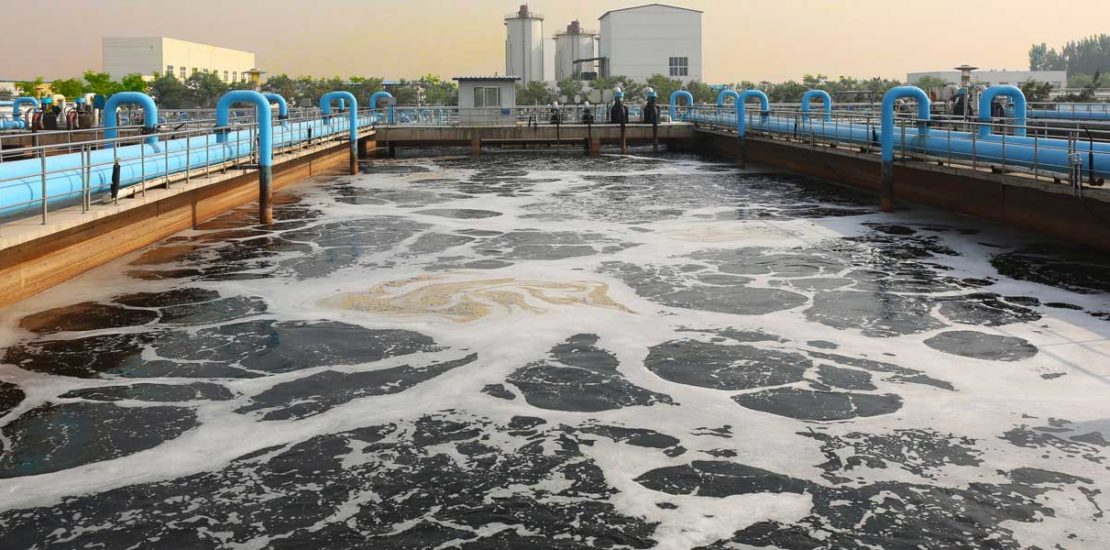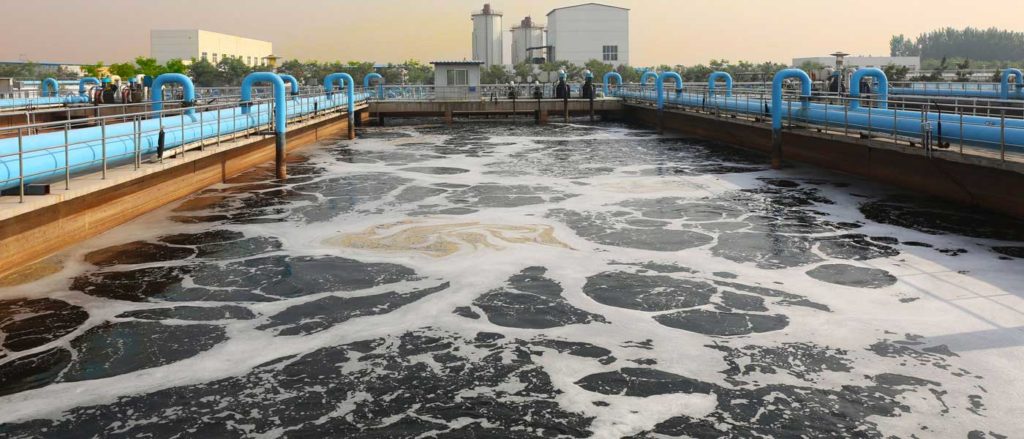Environmental Benefits of Wastewater Treatment
- January 22, 2016
- Posted by: digital
- Category: Water Treatment

It is estimated that only 3% of the world’s water is suitable for human consumption with about 2% of that amount found in ice caps and glaciers. Globally, it is estimated that two million tons of sewage is discharged into bodies of water and approximately two million children under 5 years of age die due to waterborne illnesses. As a result, wastewater treatment has become a main priority around the world.
Wastewater treatment is defined as the process of removing any harmful contaminants from water no longer needed or deemed unsuitable and rendering it safe to consume. Such an innovative process can be seen as the main drive behind producing safe, potable water to people who previously did not enjoy such a basic human right. In addition to this, there are many other reasons to favour wastewater treatment systems with most of them directly benefitting the environment and mankind.
1. It prevents disease
Water can potentially contain bacteria and chemicals that would cause disease and death to people that consume it. Microscopic organisms present in water are responsible for diseases such as dysentery, gastroenteritis, and cholera. Therefore, wastewater management can play an integral role as it removes up to 97% of contaminants from water that would be extremely harmful if ingested. In the process, water is passed through filters that block contaminants and kills destructive organisms. This ensures no bacteria has the opportunity to enter other water sources that could eventually harm people, plants, and animals.
2. It provides clean water
As mentioned, a miniscule amount of the world’s total water supply is potable and Earth’s population is rising dramatically with an estimation of 8 billion people by 2025. With the water supply available being unable to sustain the current population, a process to produce more is necessary to guarantee a clean, usable water supply for everyone. Wastewater management can achieve this merely by undergoing its natural process: taking excess or used water, filtering out harmful contaminants, and leaving a water source clean and safe for everyone. This removes the fear of droughts, water shortages, and harmful water supplies as the water can be reused time and time again.
3. It helps the environment
It is predicted that a litre of untreated wastewater pollutes 8 litres of freshwater. Because wastewater management reduces waste and removes harmful bacteria and chemicals in a water supply, it has the potential toprotect wildlife and fish by supplying clean water to local rivers and streams.Citizens can enjoy activities around these bodies of water knowing that the water is clean and contaminant-free.The water from the treatment plant can be repurposed to treat areas experiencing dry conditions.The process is eco-friendly as it reduces water that would have otherwise been written off as unsanitary and disposed of accordingly. Historically, this practice has led to the destruction and pollution of many different habitats with contaminated water killing many different plants and animals.
4. Waste does not go to waste
A significant amount of biodegradable material is removed from water in the treatment process. This can then be used to produce methane gasand used as a source of electricity. Methane gas is often used to power the treatment plant itself and can even be used by the location the plant is located in, leading to reduced stress on the non-renewable energy supply. Biodegradable materials removed in the process can also be given to the agricultural sector. These solids can be used as a natural fertilizer in local crop fields and reduce the use of other products that are more harmful to people and the environment.

